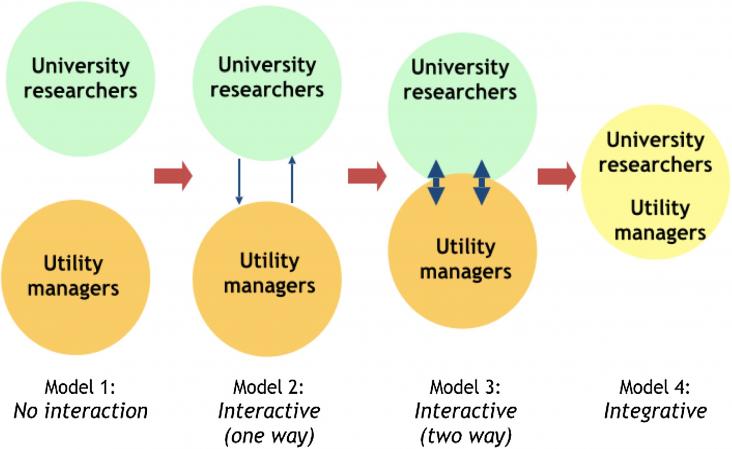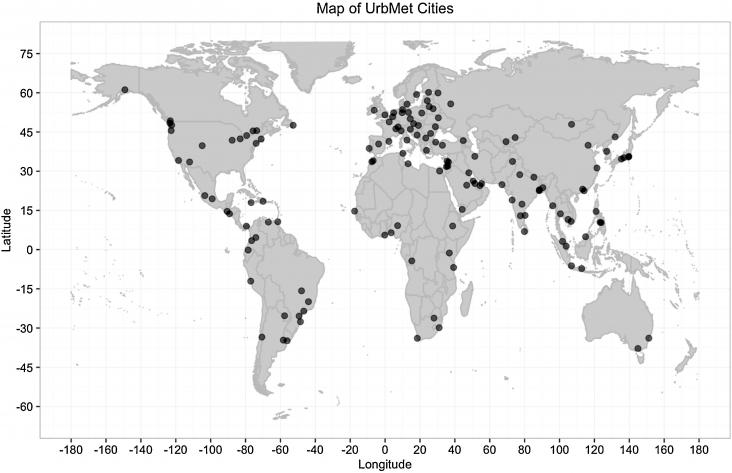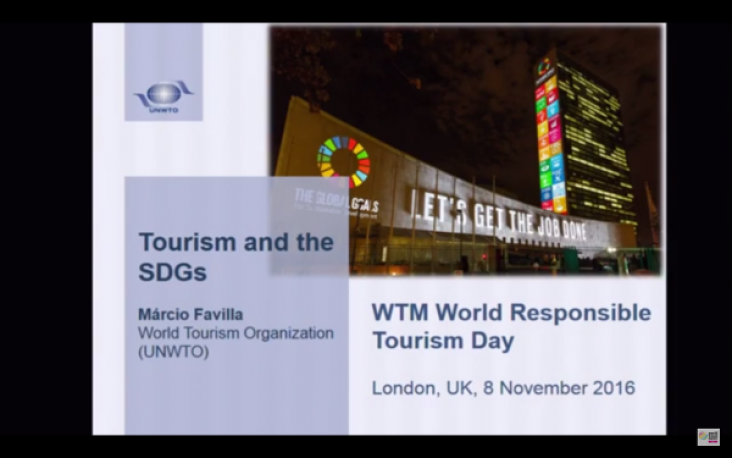Aquaponics is an innovative smart and sustainable production system for integrating aquaculture with hydroponic vegetable crops, that can play a crucial role in the future of environmental and soci

Increases in water treatment technology have made water recycling a viable engineering solution to water supply limitations.

The sustainability of urban water systems is often compared in small numbers of cases selected as much for their familiarity as for their similarities and differences.
Combined Sewer Overflow (CSO) infrastructure are conventionally designed based on historical climate data.

